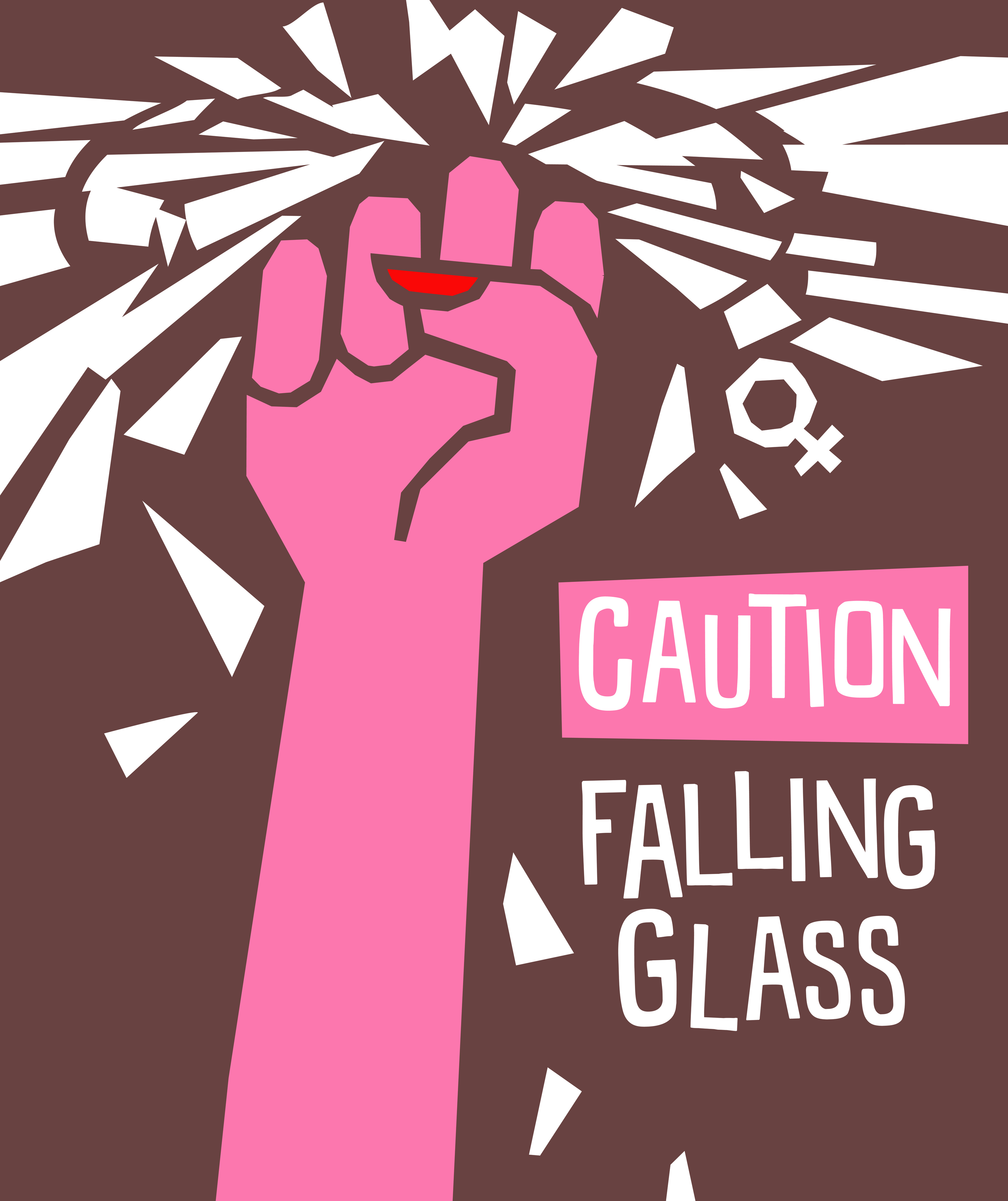Seeing through the glass ceiling

Tackling unconscious choices can help us ‘banish’ bias from aquaculture, argues Heather Jones
There was a wonderful moment in the BBC’s The Traitors – no spoilers here for those who still haven’t watched, I promise – when host Claudia Winkleman spotted a trend in the contestants who were being removed from the game. The three traitors, who at that point all happened to be men, had ‘murdered’ only women from the second episode onwards.
Of course, they hadn’t realised the theme of their decisions and were aghast at Claudia’s suggestion that it was “just like the old days” – but it was a timely and quite amusing reminder of just how unconscious we can all be of our unconscious biases.
It was something I thought about on Sunday (11 February), which marked the UN’s International Day of Women and Girls in Science. There has been a huge amount of progress across the sectors that rely on scientific enquiry as their foundation – many of which have traditionally been heavily skewed towards men.
While we don’t officially track the gender split in aquaculture, having worked in the sector for many years now I can see first-hand how much has changed. Just the other week, I attended a fish health workshop and was pleased to see almost 40% of the audience was female. This is a huge improvement on the first, big Sustainable Aquaculture Innovation Centre workshop we held at the same venue in 2016.
But the event was not just about female attendance – it demonstrated the growing visibility of female leadership too, with several impressive female speakers. The Blue Food Innovation Summit in London, at which there will be 15 women presenting and 22 men, shows this is no one-off. All of these women are active in the sector at the highest level, with roles ranging from CEOs and directors to chief scientific officers and chief marketing officers.

The Traitors presenter, Claudia Winkleman
At the grassroots, Women in Scottish Aquaculture has been a great addition to the sector and supported many women at different stages of their career – whether through mentoring or the returner schemes. It has even helped with the development of female-led businesses and, just as importantly, participation from lots of men has shown there are some brilliant allies in aquaculture.
Of course, there is always still further to go. While I have spoken to plenty of women who have not had to deal with outdated attitudes or comments – sometimes inadvertently – made at their expense, there are still plenty who have to endure those experiences. And, for every example of an event with strong female involvement, there are too many all-male panels and speaker line-ups – even if it’s not a consciously deliberate choice.
Just like Winkleman, it’s incumbent on all of us to call that out when we see it, talk openly about the issue of gender and keep an open mind when discussing the topic among colleagues and peers. As more young people bring fresh, new attitudes into aquaculture, the tide will inevitably shift further. But for now, let’s endeavour to do more and really think about the things we say and do.
Heather Jones is CEO of the Sustainable Aquaculture Innovation Centre.

